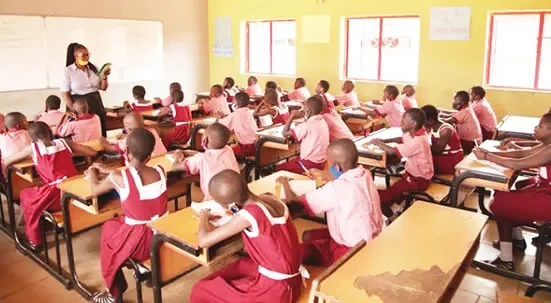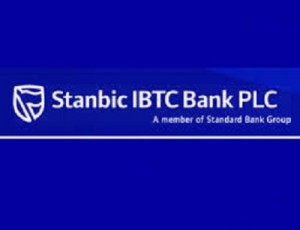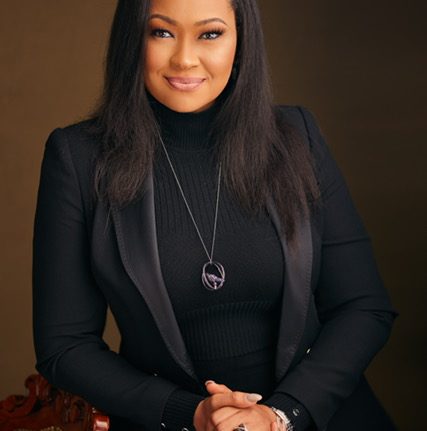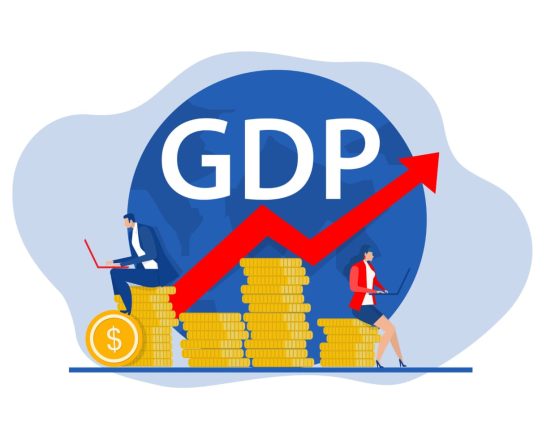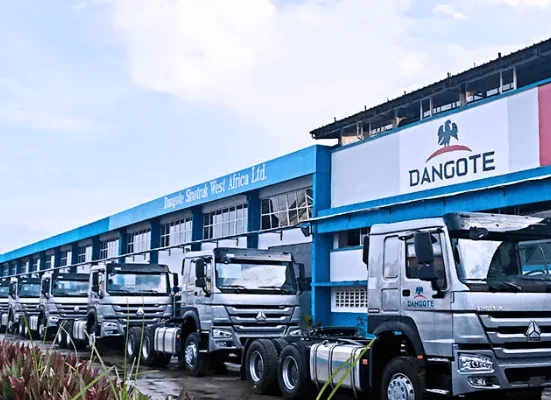I begin by acknowledging the commendable initiative of Governor Charles Soludo in encouraging Anambra people in Lagos State to bring their investments back home. His “Anambra Homeland Consciousness Initiative,” launched at Villa Park, Amuwo Odofin, Lagos, is an appeal to Anambra people to help transform the state into a thriving and enviable place for both Nigerians and foreigners. This appeal reflects his administration’s ambition to promote economic development, and I share his belief that such an initiative could indeed uplift the state.
Soludo used the occasion to highlight the achievements of his government over the past three years, including the rehabilitation of 400km of roads, the commencement of 700km of new roads, the construction of a flyover-bridge at Ekwulobia, and the completion of abandoned projects. However, he emphasized that his administration had not taken any loans since he assumed office on March 17, 2022, and he assured the public that he was prepared to account for every penny that had been allocated to the state.
One of the key points Governor Soludo made was his decision to pull Anambra State out of the World Bank loan, which was part of a larger disbursement shared among 35 states. Soludo explained that after reviewing the conditions of the loan, which had been signed before his tenure, he found them unfavorable for Anambra and chose to withdraw from it. He did not, however, provide detailed reasons for his stance.
This decision was not the first time Soludo had addressed the issue. I recall hearing him mention it in August 2023, when he discussed the World Bank NG-Cares loan to 35 states on the Anambra State New Media’s Facebook page. Soludo promised to explain why Anambra chose to opt out of the loan, yet seven months later, he only reiterated that the conditions were not suitable for the state.
At this point, one cannot help but question why, if the other 35 states were able to manage the loan conditions, Anambra could not. One governor, however distinguished, cannot be wiser than the collective judgment of 35 other governors. Soludo, with his impressive background as a Professor of Economics, former Central Bank Governor, and a former economic adviser to the President, surely has the expertise to assess such matters. Nevertheless, the fact remains that the decision to withdraw from the loan raises serious questions.
For context, the NG-Cares initiative is part of the Federal Government’s COVID-19 Action Recovery and Economic Stimulus Programme, which aimed to alleviate the economic hardships caused by the pandemic. The loan, totaling $750 million, was meant to support poor and vulnerable Nigerians through states’ intervention in areas such as food security and the revival of small and medium enterprises.
Given Soludo’s role in the Economic Advisory Council when the NG-Cares programme was being developed, one might wonder why he did not challenge the terms of the loan at that stage. Why wait until he assumed office as governor before rejecting it, especially when the programme was meant to support those who needed it most—many of whom are residents of Anambra State?
Compounding the matter is the fact that the same vulnerable groups that would have benefited from the NG-Cares programme are now facing multiple taxes under Soludo’s administration. Reports indicate that some of Anambra’s most vulnerable residents have even sustained injuries from violent enforcement of these levies. This creates an unfortunate paradox: the governor has opted out of a global loan meant to alleviate poverty, only to impose further burdens on the very same people.
In contrast, other states have used the NG-Cares funds to empower their citizens. For instance, Peter Mba, the governor of Enugu State, is using NG-Cares to reduce poverty by distributing agricultural inputs and grants to farmers and start-ups. Similarly, Abia State has empowered over 6,500 SMEs with N5.9 billion in grants. Why, then, did Anambra choose to be the only state to forgo these benefits?
It is worth asking who advised Soludo on the decision to reject the World Bank loan. With the entirety of Nigeria’s 36 states accepting their share of the loan, the people of Anambra may well feel that their governor has acted in a manner that ultimately deprives them of vital opportunities.
Former Governor Willie Obiano, Soludo’s predecessor, had signed the loan agreement, and with his background in banking and financial management, it seems unlikely that he was unaware of the loan’s implications. If the terms were indeed unsuitable, why did Soludo not raise his objections at the time of the loan’s initiation rather than after assuming office?
Looking ahead to the November 8 governorship election, it is clear that the people of Anambra will assess Soludo’s first term based on the opportunities he has provided—or denied them. His rejection of the NG-Cares loan, which could have benefited many, will be a key issue for consideration. Ultimately, the decision will lie in the hands of Anambra’s electorate, who will weigh the impact of this decision when they head to the polls.


